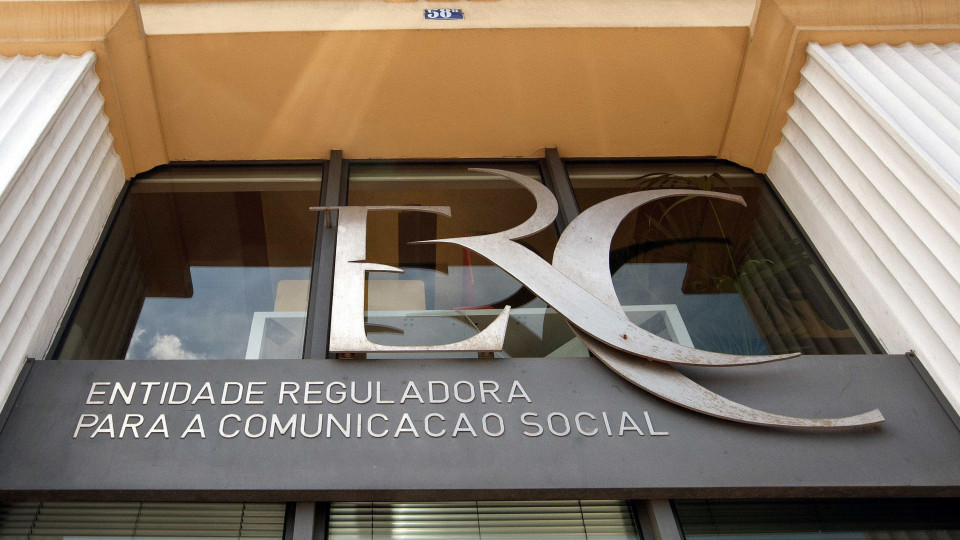European. ERC will have a warning for disinformation on digital platforms
The Regulatory Authority for Social Communication (ERC) will have a system to identify and alert to situations of disinformation up to the European elections on June 09.

© Global Imagens

País Europeias
In statements to Lusa, Telmo Gonçalves, member of the ERC, stated that the regulator has a partnership with Labcom, the University of Beira Interior's communication research unit, in Covilhã (Castelo Branco), to "monitor and identify disinformation actions that appear on digital platforms", such as Facebook, Instagram or TikTok, related to the European elections, "but with an impact in Portugal".
He explained that "an alert system will be created to signal and also act on disinformation situations".
At an external level, Telmo Gonçalves said, cooperation is also planned between the ERC and the European Regulators Group for Audiovisual Media Services (ERGA) and "to support the European Commission in identifying disinformation situations".
One of the actions is the "development of an internationally shared database to report content as illegal in the light of the digital services regulation on situations that occur in large search engines or in large digital platforms".
At the same time, public awareness campaigns are underway for citizens, within the scope of media literacy, through a public information 'spot' that "aims to alert citizens to the importance of protecting themselves against disinformation", with the collaboration of Portuguese television channels.
The campaigns "aim to alert citizens to three fundamental aspects", in the words of Telmo Gonçalves, from the ERC.
The first is "to develop a critical attitude towards the information they consume through digital platforms", the second is "to give preference to sources of information that are recognised as credible and that they recognise as credible" and the third "to develop a careful and attentive attitude in sharing information".
In addition to fact checkers, at the beginning of May the National Elections Commission (CNE) and ISCTE - Instituto Universitário de Lisboa signed a protocol to "monitor and detect political disinformation" in the election campaign for the European elections of 9 June.
ISCTE, through MediaLab, had already carried out an identical project, with the Lusa agency, for the legislative elections of 10 March in which, for the first time, "evidence of external interference" was detected in online advertisements.
One of the objectives of the MediaLab and Lusa project was to identify the disinformation content attributed to parties or candidates by national fact-checkers accredited by the International Fact-Checking Network (IFCN), Polígrafo, Observador Fact Check and Público - Prova dos Factos, and to assess the impact on social networks, measured in interactions and views.
Leia Também: Ucrânia, segurança e independência da UE. Eis o 2.º debate das Europeias (Portuguese version)

Descarregue a nossa App gratuita.
Oitavo ano consecutivo Escolha do Consumidor para Imprensa Online e eleito o produto do ano 2024.
* Estudo da e Netsonda, nov. e dez. 2023 produtodoano- pt.com



